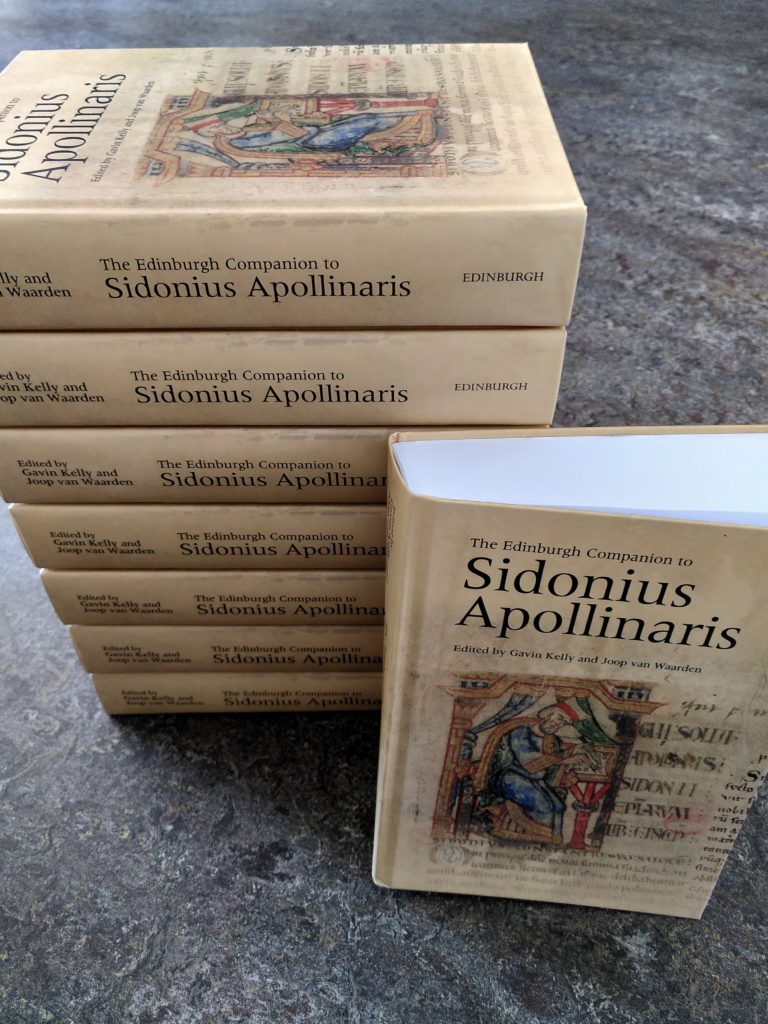

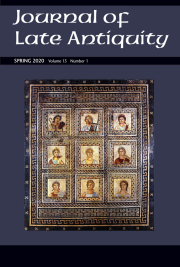
Now out and freely accessible on Project Muse: Journal of Late Antiquity, Volume 13, Number 1, Spring 2020, Special Issue: ‘The Muses and Leisure in Sidonius Apollinaris’, edited by Henriette Harich-Schwarzbauer and Judith Hindermann.
See also here on this website
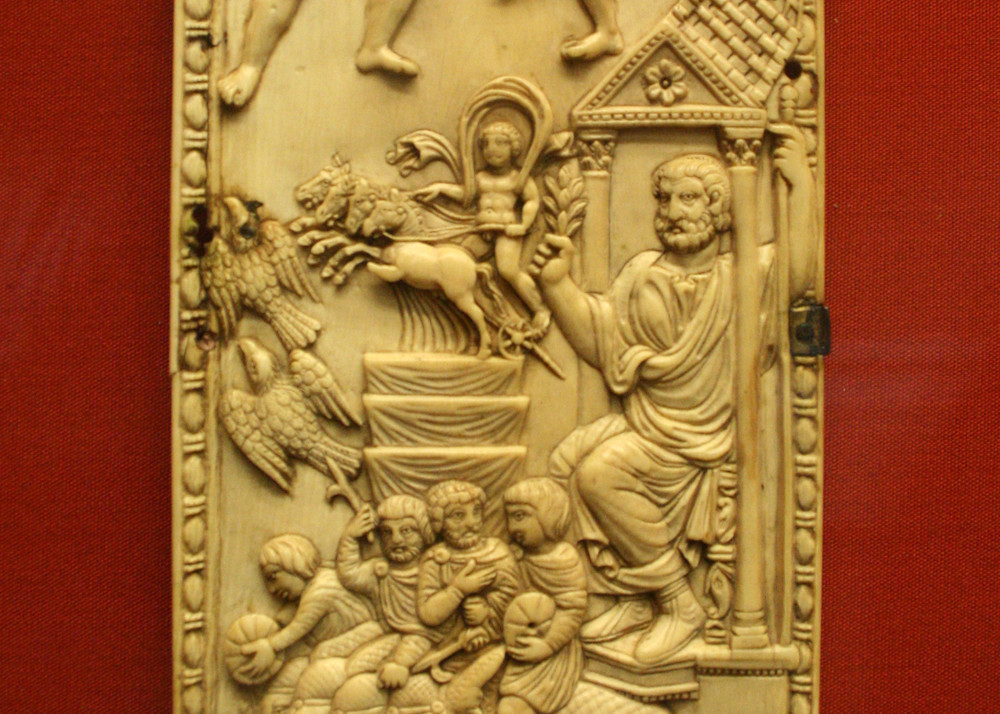
Sara Fascione has published the first article resulting from her research on Symmachus in Sidonius’ letters: ‘Simmaco e la difesa della Romanitas nell’ottavo libro delle Epistole di Sidonio Apollinare’. Read it on Academia.
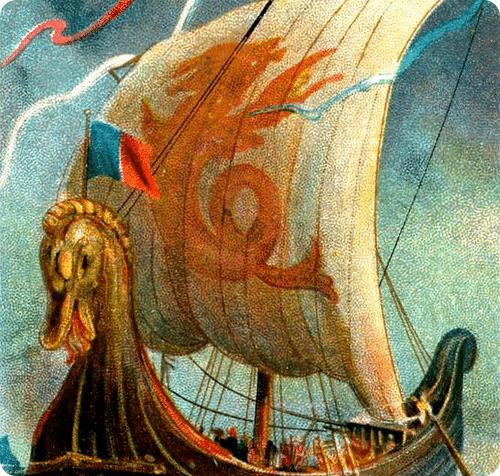
Read James Harland on Sidonius (and Gregory) on the Saxons: Bibliography tab 2019.
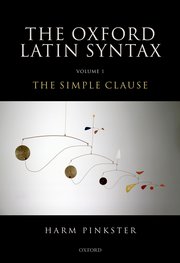
Volume 2 of Harm Pinkster’s Oxford Latin Syntax, Complex Sentences and Discourse Phenomena, is expected to be available by this summer.
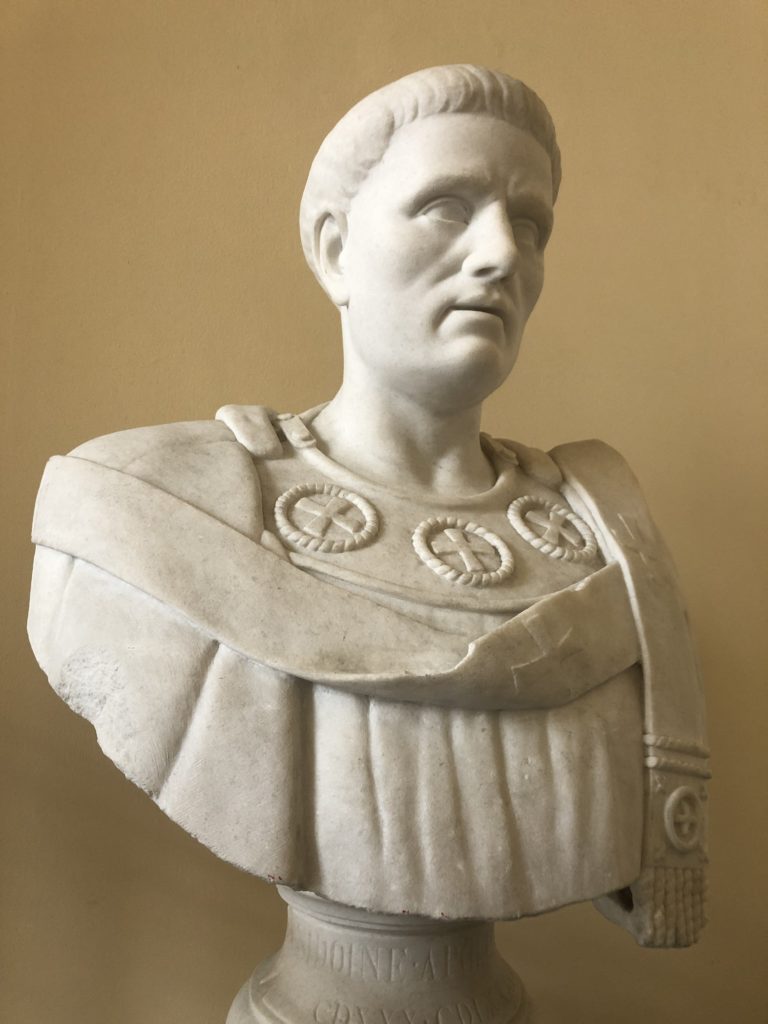
Bust of Sidonius, one of thirty-four famous Lyonnais who adorn the corridors of the Hôtel du Département du Rhône in Lyon. The artist is the sculptor Joseph Bourgeot (1851-1910).
For another image of Sidonius, painted on the rear wall of the Assembly Room, see Gallery Page, “Sidonius in Art”
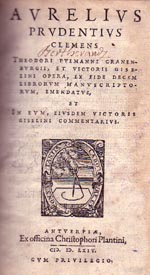
In a new article, Marco Onorato has identified Prudentius and Paulinus of Nola in Carm. 1. See Bibliography, tab 2019.
Abstract. In the preface to Sidonius’ panegyric of Anthemius the expression variae … hostia linguae (c. 1.29) discloses a contamination of lexical and thematic features of Prud. perist. 10 and Paul. Nol. c. 18. Starting from these allusive marks it is possible to reconstruct further elements of the poem’s Christian subtext, which brings out the ambiguity of Sidonius’ attitude towards the emperor.
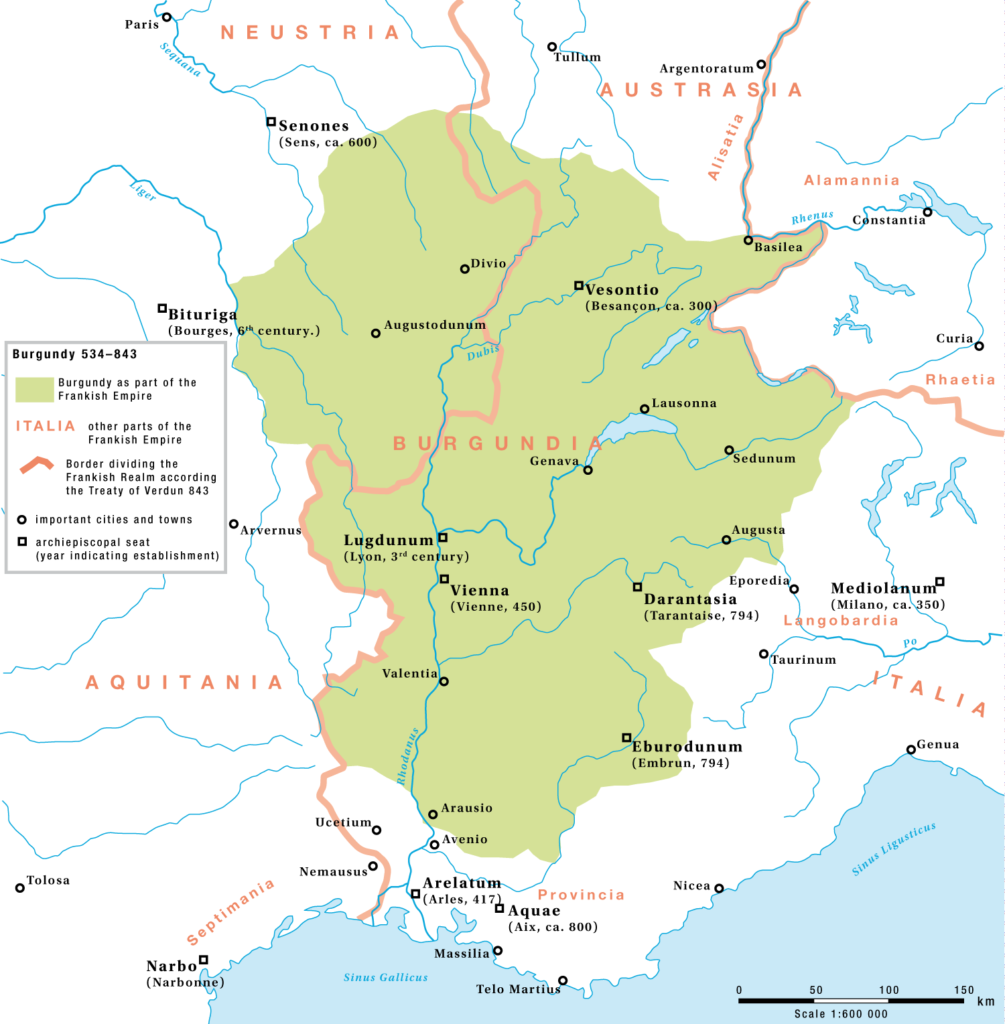
Stefania Santelia has written a detailed analysis of the famous satire on the Burgundians, ‘Talia e i Burgundi: rifrazioni classiche e meccanismi di intertestualità in Sidonio Apollinare’.
See Bibliography, tab 2019.
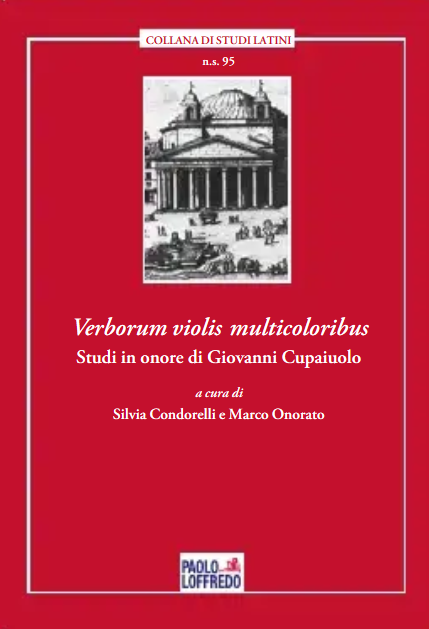
Out soon, the Festschrift for Giovanni Cupaiuolo, edited by Silvia Condorelli and Marco Onorato and published by Paolo Loffredo, presents a rich harvest of Sidonius papers:
Condorelli, Silvia, ‘La lettera 9.11 di Sidonio Apollinare a Lupo di Troyes: luci e ombre di una excusatio epistolare’
Di Stefano, Anita, ‘Commentarios in Apollinarem petis. L’epistola prefatoria di Giovan Battista Pio all’edizione sidoniana del 1498′
Fera, Vincenzo, ‘Un fantasma petrarchesco: Sidonio il temerario’
Foscarini, Sergio, ‘Una pista lessicale nella prosa di Sidonio Apollinare: i grecismi’
Santoro, Rosa, ‘Valenze letterarie e metaletterarie del cibo nell’opera di Sidonio Apollinare. II. Dal mito al rito. Il pasto dell’“altro” tra tradizione letteraria e scienza medica’
and also:
Santelia, Stefania, ‘Intramontabili deliciae thermarum: versi dalla tarda antichità latina’
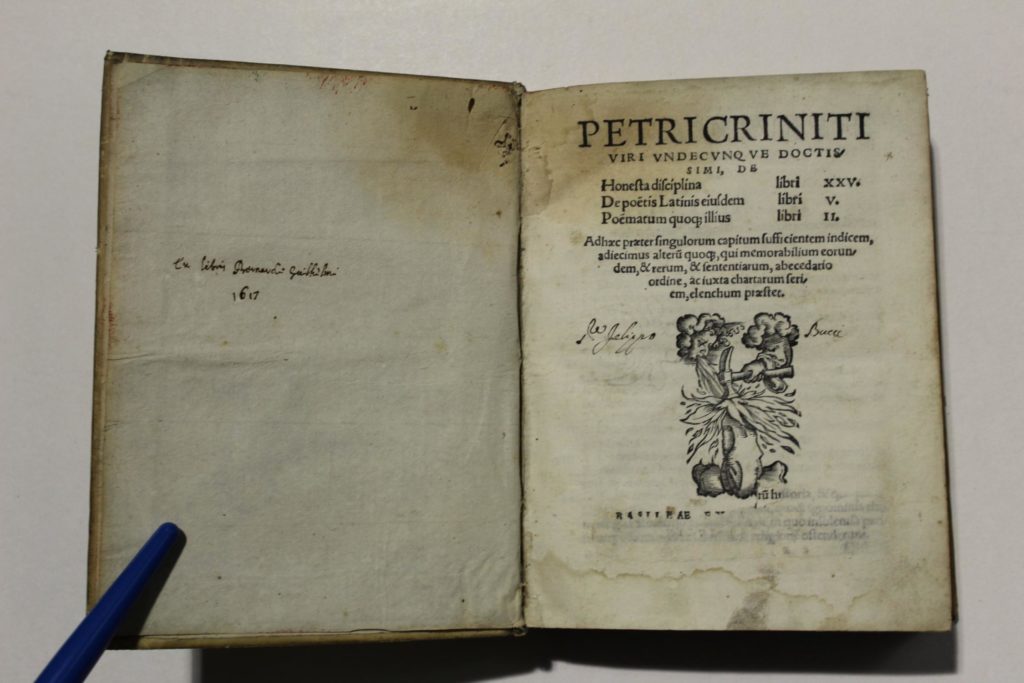
Patrizia Mascoli has published an article on an aspect of Sidonius’ reception: ‘Sidonio Apollinare nella manualistica letteraria di età umanistica’, Studia Antiqua et Archaeologica 25 (2019) 211–19. Keywords: Siccus Polenton, Petrus Crinitus, Lilius Gregorius Giraldi.
| online